We Were Dangerous
Summary
We Were Dangerousis a hilarious yet tense dramatic event that explores themes of colonization and body autonomy in 1954 New Zealand . The account centers around misfit teenage girls Nellie ( Erana James ) , Daisy ( Manaia Hall ) , and Louisa ( Nathalie Morris ) who are labeled delinquents and sent to populate on a distant island under the guard of a rigid and uncompromising Matron ( Rima Te Wiata ) . The movie debuted at South by Southwest , it was praise for tart writing , strong execution , and snappy direction .
While the motion picture was executive bring out by collision filmmakerTaika Waititi , it is the work of people like director Josephine Stewart - Te Whiu , author Maddie Dai , and manufacturer Morgan Waru that scramble the most . We Were Dangerousis the feature debut of both Te Whiu and Dai , though Dai was a writer onOur Flag Means Deathseason 2 . Waru is a manufacturer at Piki Films whose previous work includesRed , White & BrassandBaby Done .
SxSW is one of the most beloved pic festivals out there , and these are the 10 biggest movies to come from it , ranked by Rotten Tomatoes score .
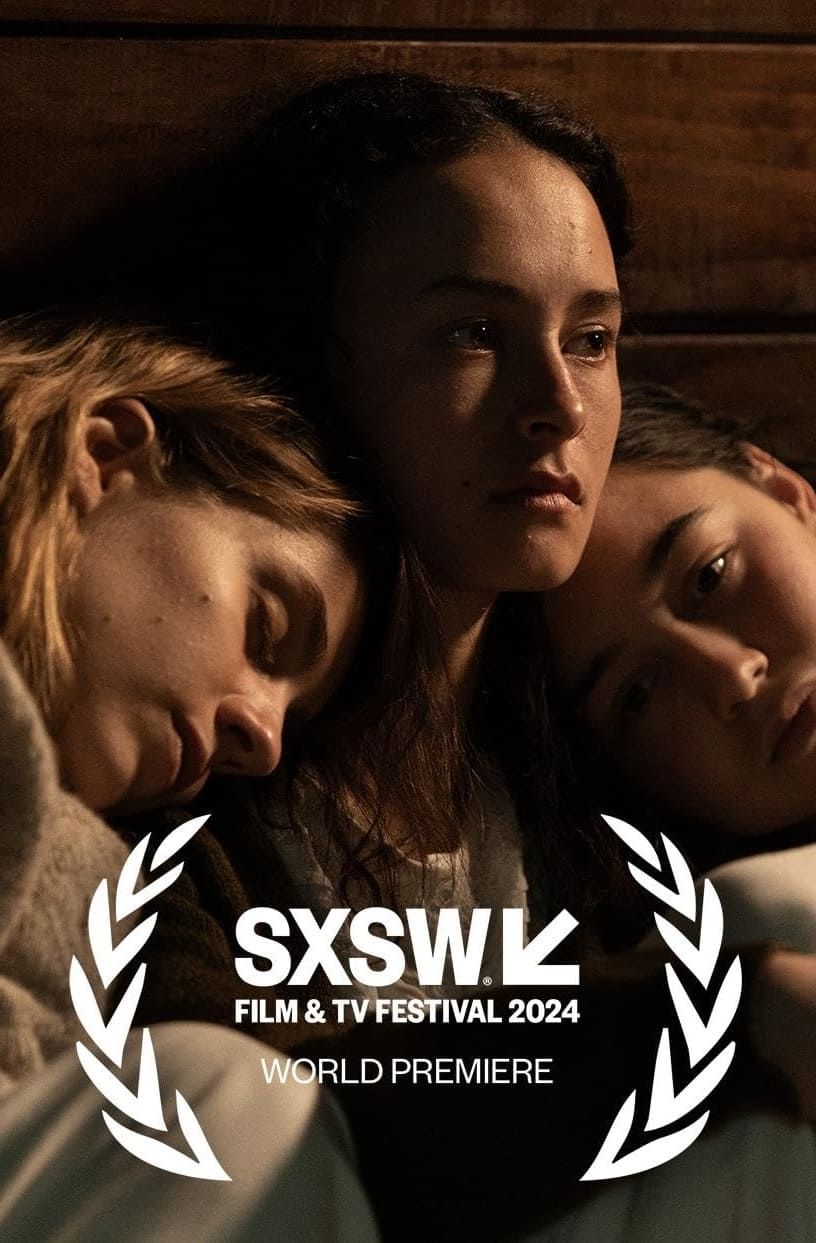
Screen Rantinterviewed Josephine Stewart - Te Whiu , Maddie Dai , and Morgan Waru aboutWe Were unsafe . The film producer discussed their involvement in tell this story and its real - biography inspiration , talk over casting and function with the lead actors , and more .
Maddie Dai, Josephine Stewart-Te Whiu & Morgan Waru Share How We Were Dangerous Came To Be
Screen Rant : Maddie , this is your first feature , and Josephine , it is yours as well . How did the three of you find each other ?
Maddie Dai : I was very young to screenwriting . I had download Final Draft — not even . I downloaded some free software — and differentiate , like , three citizenry . Somehow that news made its way back to New Zealand , and Piki contacted me and were like , “ We hear you ’re a Kiwi test to start screenwriting . ” They ’ve get a huge book , and they keep tabs . I was like , “ I am , and I ’m writing a book for you , so just hold back there . ” They waited , I sent it , and then they immediately were like , “ We desire to make it , and we have a music director in psyche . ”
Cue Jo , who came in at the next meeting . I really be intimate Piki Films and it just feel so unbelievable . It was the first feature I wrote , and it was too easy . I ’m ready for everything to get [ way unsound ] . Then the four of us — me , Morgan , [ Carty ] , Jo — sort of crack away at it for a while , and then off we live .
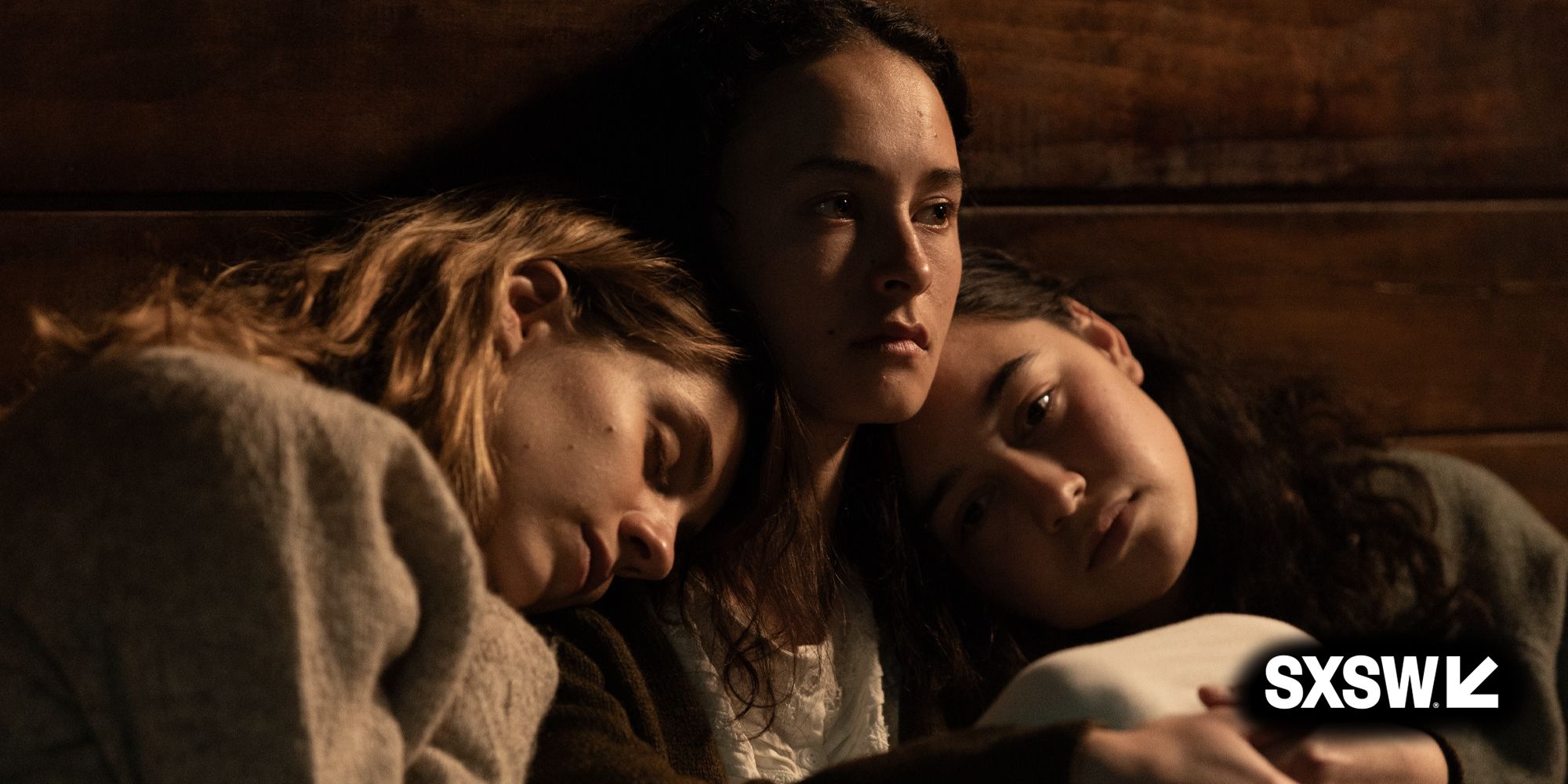
Josephine Stewart - Te Whiu : I was doing some oeuvre with Piki on something else , another project , and they sent me the hand . I was like , “ This is awful . I need to make this flick flat away . ” The girls , these awing persona that Maddie had created , they just jumped off the Thomas Nelson Page . Even though it was [ in the ] early draft stage , it had so much potential .
Maddie , this felt topical to me in America with what ’s been belong on in the US the last duad of years , like with the Supreme Court , but what was the spark for you that made you want to publish this ?
Maddie Dai : I had a great - great - grandfather imprison on an island in the harbour in the middle of my city . I read a book about that , Live Bodies by Maurice Gee , a New Zealand writer , and just became super concerned , especially when I found out that there was this guy , a Chinese lazar , who was also on an island and isolated from everyone else . [ I was ] just thinking about these ways in which people are push to the fringe when they ’re vulnerable because they ’re considered dangerous . [ It ] just feel like something that just continue , as you say , to this day . I consider everyone can resonate with that on some level .
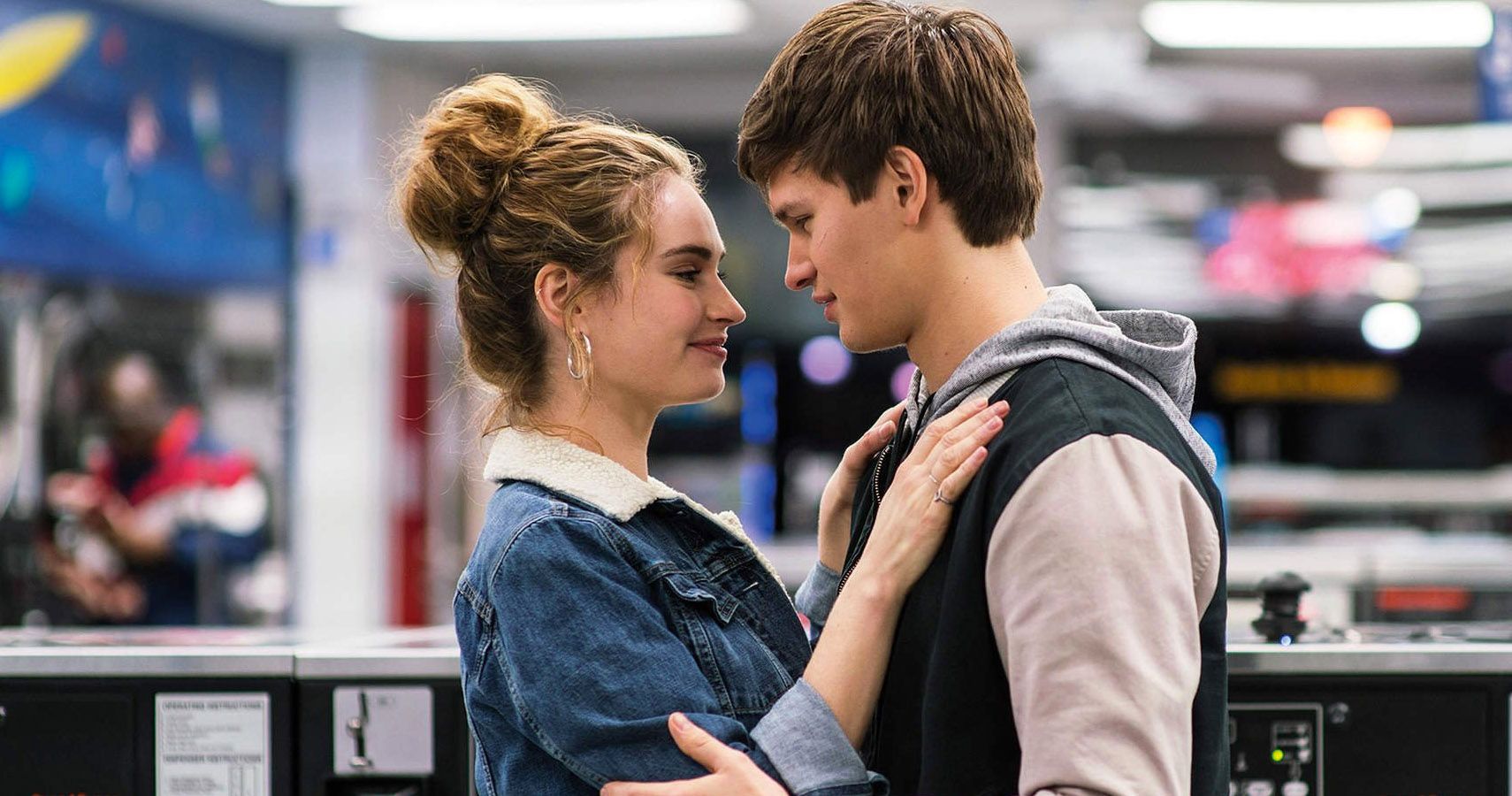
We Were Dangerous is a drama film about two girls who escape a delinquent center for girls in New Zealand only to be captured and sent to a remote island to continue their punishment. When the two meet a third girl, they develop a rebellious friendship as they face off with a woman whose faith may lead to a troubling outcome.
The more I got digging into New Zealand history , I also found out that “ The Fertility of the Unfit ” was a real document save by a New Zealand politician , and eugenics had some popular support [ there ] at the early part of the 20th century , as it did in lots of unlike parts of the British Empire . Then , the Mazengarb Report , which is also reference , was this book that was sent out to every household in New Zealand , and there was a real moral hysteria panic about how dangerous vernal women were now that there were work mothers and contraceptive method and cleaning woman feeling entitled to actively pursue sex with gentleman’s gentleman . That happened the yr before the moving-picture show is position . Those big whirling historical thing and New Zealand ’s question into state tutelage inform the story , even though it ’s fictional .
Josephine and Morgan , was there a specific personal inroad that made you both want to be involved ?
Josephine Stewart - Te Whiu : My daddy was rear in those country care schools . He was a warden of the state and he was raised in boys ' homes that were run by the governance , so that was my personal in — just having heard what my dad had go through , talking to him a lot about it , and feeling the repercussions of that through my family . And when we were in pre - product , the miscarriage law was revolutionize in the States , and that really lit a fire in me to tell this story . Even though it ’s full point , I was like , “ The same thing is materialise over and over and over again . People are trying to see our body . ” I felt very motivated when that happened . I was like , “ Right , we ’re f***ing doing this , and it ’s endure to be amazing . ”
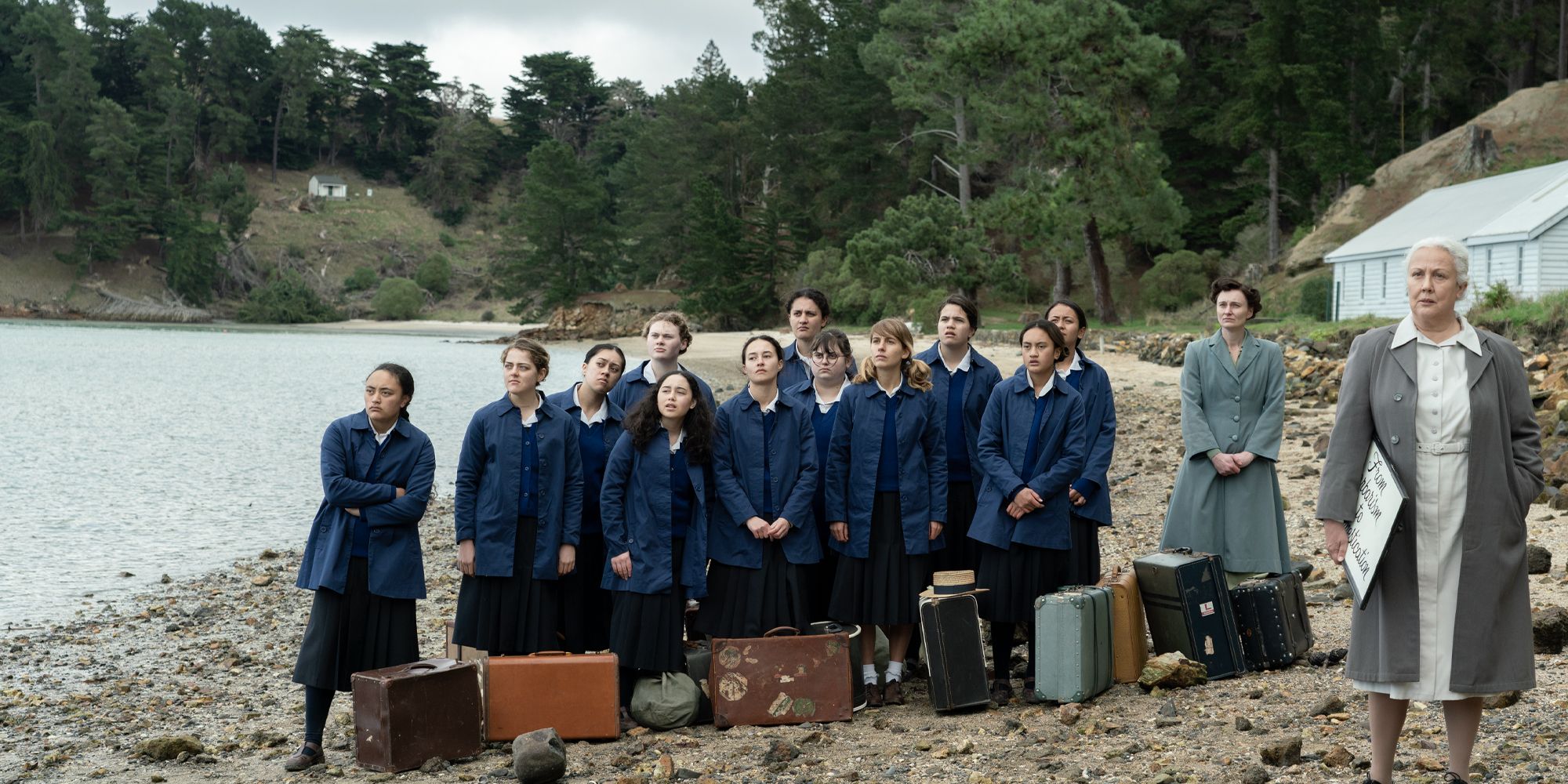
Morgan Waru : And like Maddie said , we [ at Piki Films } just responded to the script straight aside . For me , I was just so drawn to these young women . I matt-up like we do n’t really get to see teenage female child in this agency all the clock time , especially in this period . They ’re just trying to be normal young women and have friendly relationship and be slightly disinterested in this ideology that ’s being exacted upon them . It was just so hilarious and it just experience so true to the experience of being a teen girl , set in this context of use that Maddie had wind around [ the mind that ] young cleaning woman are dangerous and should be see to it . That felt like a substance that resonates today .
We Were Dangerous Navigates Complicated Tones & Characters
I love how you start by paint how ridiculous this whole affair is , the ascendancy aspect and the spiritual aspect , and then you kind of flip a electric switch and it becomes so scary to see what ’s in entrepot for these girls . Can you talk about how you chose to structure the tone of the film that way ?
Josephine Stewart - Te Whiu : It was challenging , I ’ll admit that . From a directorial point of view , it was really hard navigating the humor , but then the earnestness of what ’s happen to them , because there ’s only so far I feel that you could joke about that . I had to be really careful with where the humor was placed because we needed humour in the film . We require temper to invite people in and make the film feel accessible , but there ’s also this really arduous stuff that ’s encounter , and I do n’t feel like you’re able to be too laissez - faire with that matter matter . Not at this point in prison term and where we ’re at in account .
It [ contract ] a lot of talking with the worker , and I think one of the ways we navigated that with the comedy was that the characters could n’t ever know they were funny . If the actor was decease for the jest , then it did n’t work and it did n’t sell , and it either ended up on the cutting room floor or we would change it in dry run or on the day of shoot . The humor always had to come from the quality — from a really true and unquestionable place — to equilibrate those two tonic worlds and try and verify that when we did budge gears , it was n’t too much of a whiplash berth .
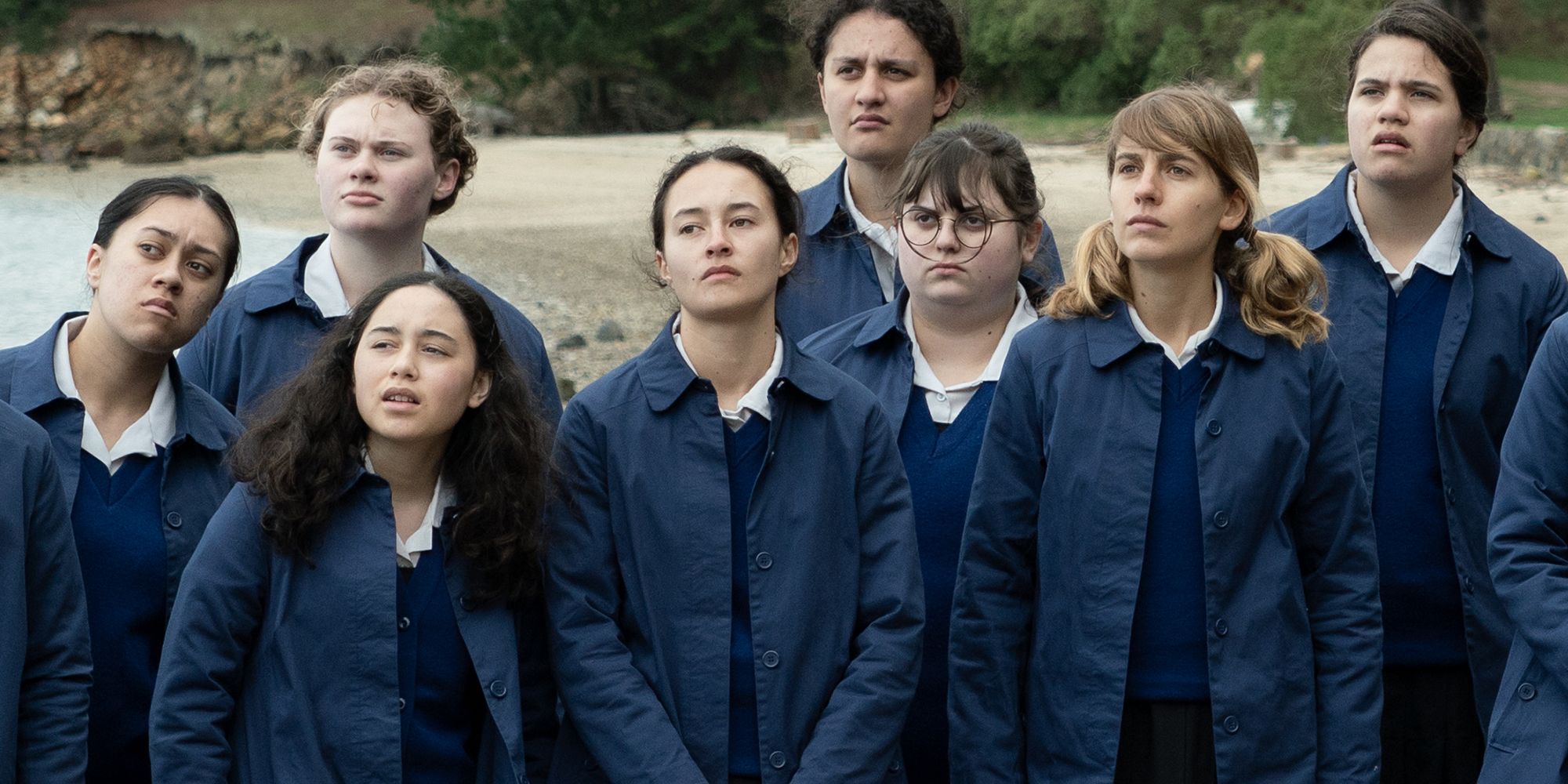
Maddie Dai : And I reckon that there are just some funny or unusual things about the ideology . Like , the idea of men having this major power to ruin their lives , but also , “ our principal architectural plan is to get tie . ” They ’re like , “ What is going on ? ” Them balancing all these ideas that finger really foreign to them was unquestionably my experience of develop up going to Catholic schools . Sometimes I was like , “ Have they not update the source cloth ? I ’m not relating to this fella . ”
I desire to ask about the graphic symbol of the Matron in oecumenical . She starts off seeming like a clean villain . By the last , I see her as almost one of the worst possible futures for the master fictional character — to become someone like her . It ’s a tragic level . Was that always the approach with that theatrical role or was that something that you find as you all were making it ?
Josephine Stewart - Te Whiu : One hundred percent , that was always there , and it was really important that it stayed there . It was important that we were able-bodied to have compassion for her , too , and see her singular , because otherwise she just becomes quite flat and one notation and she ’s always doing the same thing or yelling over and over again . We also wanted to find little moments of joy for her , like when she makes the course of study jest and she does n’t tell them off . She just kind of sits in that petty moment of superpower . But that ’s all she does , really . She sits in different moments of power , but the tragedy is she does n’t have any , and she never has had any baron . She ’s been puppeted by these other character reference .
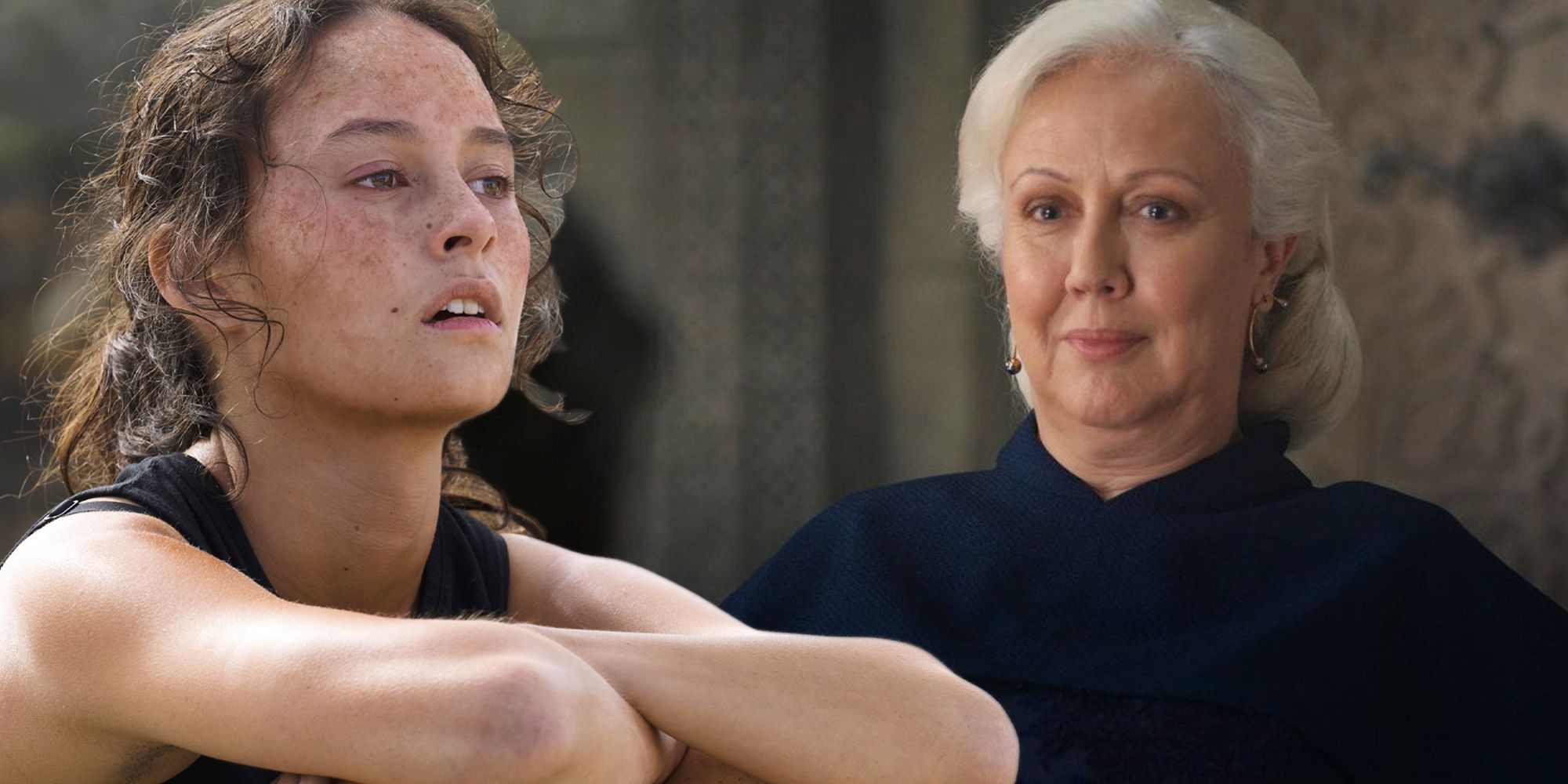
Maddie Dai : The cinema ’s set more than 100 years after New Zealand was first colonized . [ It ’s ] not a menses that I felt like I learned Brobdingnagian amounts about , but it ’s a point where a great deal of the political theory that the Brits had brought over was completely embedded [ not just ] in the institutions and the landscape and the law , but also in the people . She is institutionalized and then she is both a dupe and a perpetrator . I think [ it ] is interesting for us to think about things in more complicated terms , now that we all have motley degrees of power and exclusive right and [ are ] inexplicit in certain ways and friend in others .
Casting Was Key, But So Was Offscreen Bonding
How did you all find these Pb ? The Matron is incredible , and the three primary girls are awful .
Josephine Stewart - Te Whiu : Erana James was kind of an obvious choice for me after watching The Wilds . She had some scenes and some moments in it where it felt like all the performance had descend away and she was just fully embodying this fibre and really playing . you could see when an actor ’s have fun on set because magic starts to happen , and I remark that a lot with her .
Nathalie , who play Lou , she ’s Australian . We auditioned her a number of time , actually . What get her over the line for me was [ that ] I got her to improv coming out to her parent , and she made it really rummy and quite kooky and I thought that ’s a perfect caliber for her character .
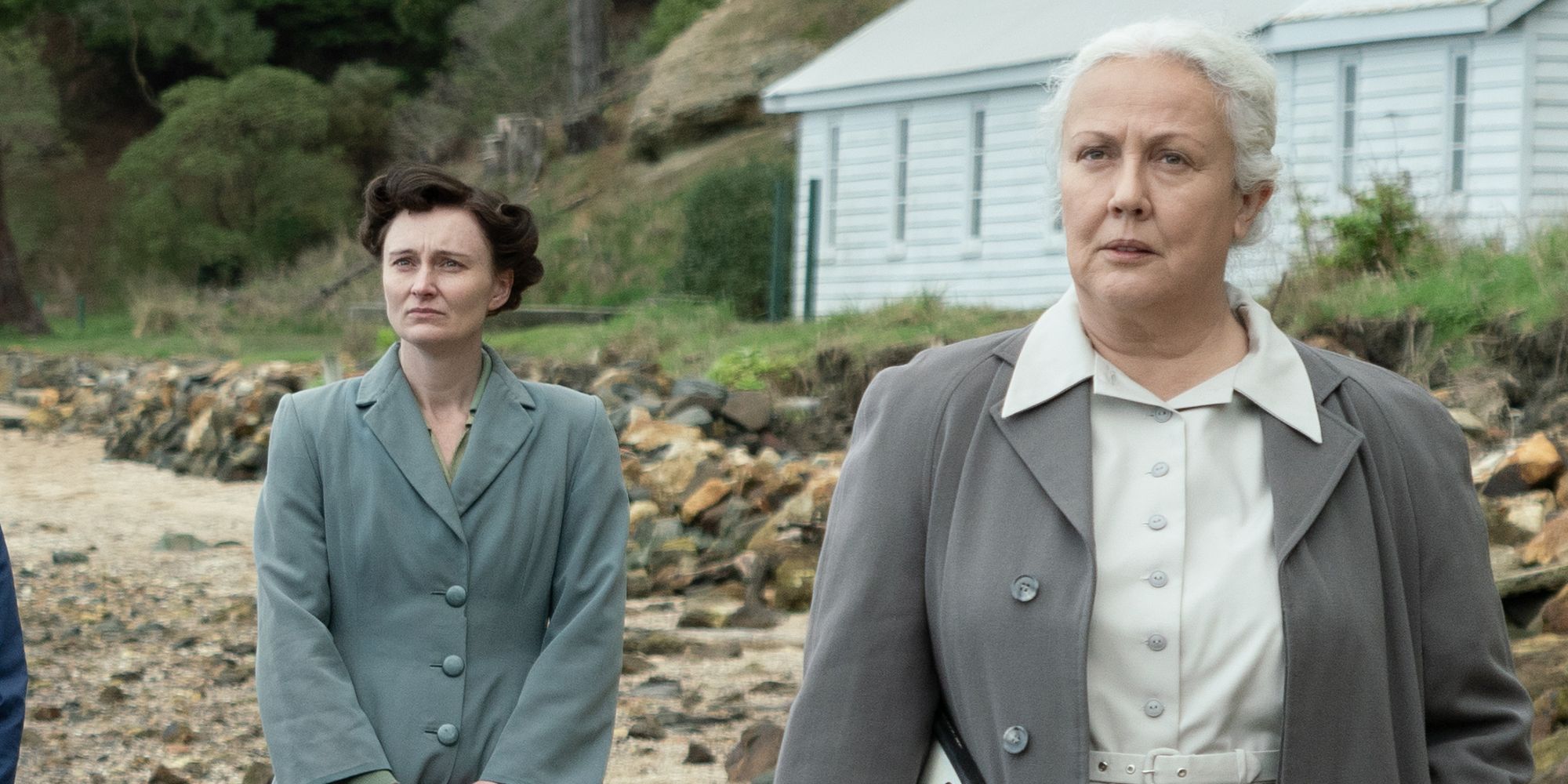
[ With ] Manaia Hall , who play Daisy , we auditioned across the land — it took a very long time — and she self - taped without telling her parents . Then , she recalled without tell her parents . She did it all online . She was 13 . In the end , we were like , “ We want you to get along to Auckland and meet us and do your last sense of hearing , ” and she had to finally tell her parents that she ’d been auditioning for a film and there were people in Auckland that wanted to meet her . [ It ] sound probably quite dicey , but as it turn out , we were all right .
And Rima Te Wiata is an picture here , so [ she was ] just an obvious pick , really . The rest of the female child were all local shaver . They had never acted before . They were just teenagers from Christchurch where we were sprout .
When it came to Nellie , Daisy , and Louisa , how much workplace did it take to get their moral force as solid as it ended up being in the film ? They play off of one another so beautifully throughout the entire affair .
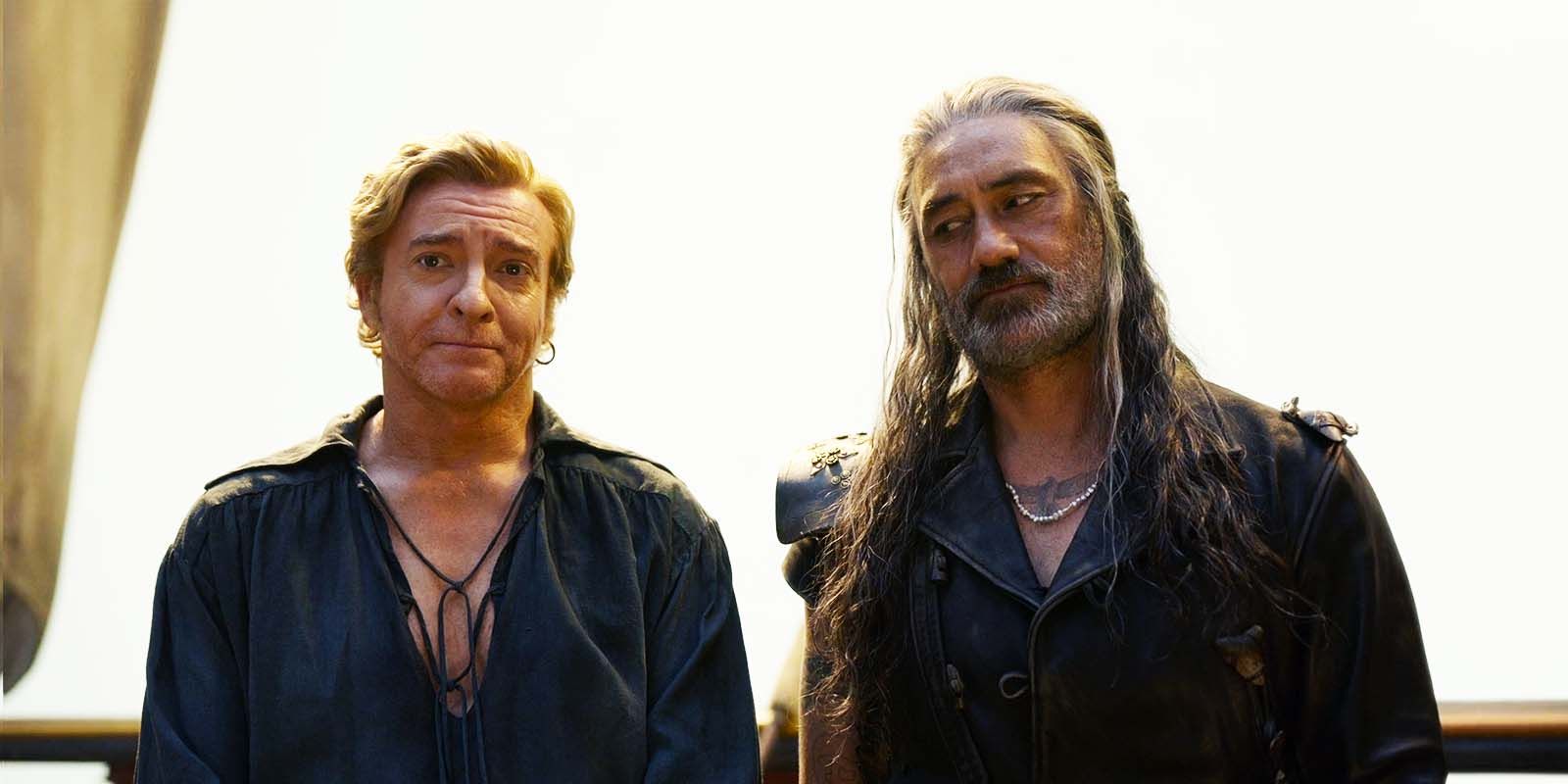
Josephine Stewart - Te Whiu : I ’m so glad to hear that . We did n’t have a long rehearsal cognitive process at all , which was really quite terrific to me . I know I had to get them to seem like they ’d known each other most of their life in a very forgetful amount of clip . We were always practise together off - set or out of the job . I would promote them to go out together . peculiarly [ with ] Lou and Nellie , I would tell them , “ Your prep tonight is to go and have dinner together and have a match of glassful of wine . ” They ’re evidently older than they are in the film . I was like , “ Just get to hump each other . You have to hang out and shoot the breeze , ” and it sort of naturally start bump .
We played a destiny of games together – trustingness games , really — and I produce them really involve in their characters and how they would relate to each other . We did a lot of extemporisation around the prospect for rehearsal , and we never really practice the scenes that were in the script . I ’m not a immense fan of that , because I get disturbed it ’s going to get mechanical or automatic in damage of operation . We did a lot of improv , and it was all the stuff and nonsense that is in between the scenes in the script . The things we do n’t see — we would conceive of and extemporise those conniption .
I also have a little trick that I do sometimes where I get them to write each other letters as their characters , and I give them all $ 20 and I say , “ Go to a shop as your character and bribe a gift for that other type as your character . ” For one of our rehearsals , they just show the varsity letter to each other as their character and exchanged gifts .
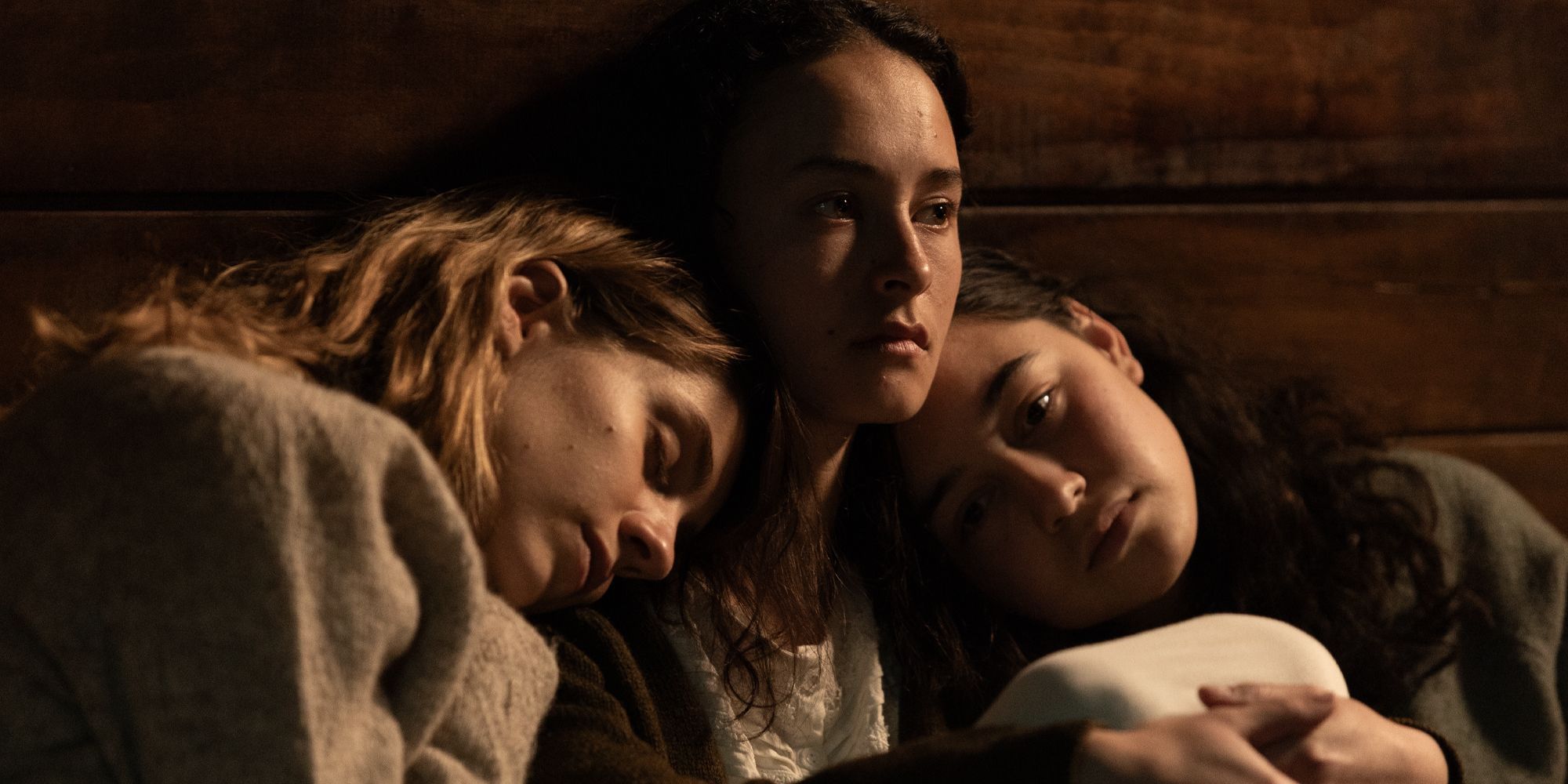
We Were Dangerous Is For Everyone
Congratulations on get to South by Southwest . That seems like such an accomplishment for both of your first feature article . As someone who selfishly desire to see this in theaters here , what are your Bob Hope for the journeying that this plastic film will take after the festival ?
Maddie Dai : As many people seeing it [ as potential ] would be gravid . I suppose it finger like in many shipway it ’s for new charwoman , but I hope that a real range of multitude see it . I ’ve catch so much stuff about men and lie with lots of it , and that would be really fun .
Josephine Stewart - Te Whiu : I ’m harmonize with everything you ’re say , actually , specially [ with ] the men . I desire they withhold their judgement or [ that they ] do n’t think that it ’s for them , because it ’s actually for everyone . It ’s a story about outsiders and hoi polloi on the fringe , and that still stands disregardless of your grammatical gender . That ’s something that I ’m really hop – that people can take care past the binary program of male and female and just come and watch a really cool story about friendly relationship and f * * * the system of rules , basically .

Morgan Waru : I think that there is an interview for this film , and I think you sort of touched on it that there ’s a level of absurdity in this film , which is hilarious , but some ideas seem preposterous until they ’re severe . That feels quite timely .
Maddie Dai On “Big Plans” For The Cancelled Our Flag Means Death Season 3
Maddie you were in the room onOur Flag Means Deathseason two . I was so to see that it did n’t get picked up . Did you have any sense or hopes of what the next time of year might be that you may blab about ?
Maddie Dai : I had lots of Leslie Townes Hope , and we did have grass in the room for sure . self-aggrandizing architectural plan . I mean , vast plans . That ’s the gaga thing about a pirate show . You ’re like , “ allow ’s take it to every quoin of the Seven Seas . ” I ’m blank on specifics except the very ending , which I feel like is not really mine to give away .
That room was so fun . You just literally get to sit around talking about pirates kiss[ing ] . It was a really rum , non - binary , [ and ] trans way , and what a hoot . I just did 10 weeks , but they were a blow . I ’m sad , like many , that it did n’t get renewed , but so it goes . It ’s a knotty diligence . You ca n’t take anything for granted , really .

About We Were Dangerous
We Were life-threatening follow a misfit trio determined to rally against the system of rules in 1950s New Zealand . This story reminds us that the sovereignty over women ’s bodies has long been threatened , but in many instance gain , through the power of female solidarity .
Check back for our interview withWe Were Dangerouscast members Erana James and Rima Te Wiata .
We Were Dangerouspremiered at South by Southwest as part of the festival ’s Narrative Feature Competition .
Your Rating
Your comment has not been saved
Cast
We Were grievous is a dramatic event film about two fille who escape a overdue center for miss in New Zealand only to be captured and station to a remote island to continue their penalty . When the two fulfill a third girl , they develop a rebellious friendship as they face off with a cleaning lady whose faith may lead to a worrying result .